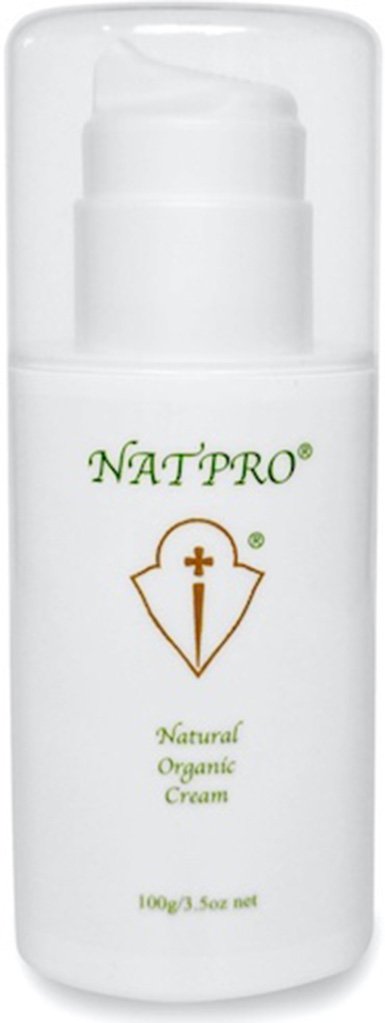Causes of heart disease
Some authorities consider one of the main contributory causes of heart disease to be hormone imbalances induced by environmental poisons, especially the so called 'xeno-estrogens'. The link between progesterone and heart disease is thus established at many levels.
Heart disease has many manifestations. A heart attack occurs when the blood supply to the heart is cut off. In men this can be caused by either coronary atherosclerosis (deposits), thrombosis (blood clot), embolism (any foreign substance), or a spasm of the coronary artery.
In women the link between a lack of progesterone and heart disease is perhaps stronger because of the action of estrogen. In women perhaps one of the commonest causes of heart disease a spasm. As we age arteriosclerosis or hardening of the arteries also plays a role. High blood pressure increases the risk of both heart attacks and strokes. Atherosclerosis, arteriosclerosis, thick blood and water retention all cause a rise in blood pressure. A normal blood pressure irrespective of age should be 120/80.
A healthy cholesterol level should be 190 -210mg/dl. The average level in the USA is 220mg/dl, whereas people living in rural areas eating whole foods and little animal protein have levels between 120 to 160mg/dl. Too low a level increases the incidence of aggressive behaviour, strokes, depression and suicides.
There are a number of factors which influence the causes of heart disease...
A diet high in oxidised fats and low in anti-oxidants, an excess of sodium and a lack of: potassium, calcium, magnesium, Omega 3, Vit A, C, E, selenium and zinc.
A lack of magnesium in particular can cause a coronary artery to go into spasm. Omega 3 essential fatty acid is involved in the reduction of the prostaglandin thromboxane in the blood, which if too high can cause the arteries to go into spasm, increase blood clot formation and cause palpitations or arrhythmias.
Because research has shown that estrogen can cause coronary arteries to go into spasm a lack of progesterone may be considered one of the causes of heart disease. Contrary to popular opinion estrogen does not prevent heart disease. It causes salt and water to be retained and potassium and magnesium to be lost, thereby increasing blood pressure.
The hormone progesterone, on the other hand, is a natural diuretic and protects against this. Estrogen promotes fat synthesis and blood clots while progesterone increases the burning of fats. Estrogen also accelerates the aging of collagen, weakening the walls of the arteries.
Avoidance of the causes of heart disease will be assisted by...
the avoidance of all forms of estrogen, oxidised fats (ie: all refined oils and fats including margarine, fried foods in particular), meat, a reduced sodium intake, an increased intake of potassium, calcium and particularly magnesium and the anti-oxidants Vitamins A, C, E, selenium and zinc, omega 3 which thins blood by lowering total cholesterol and triglyceride levels.
Vitamin E is known to reduce heart disease by 75%, while Vitamin C strengthens collagen (the body's connective tissue). Magnesium prevents cramping of arteries and muscles, of which the heart is one. It is also very effective at preventing palpitations or arrhythmias.
Progesterone counteracts the effects of estrogen and is known to relax coronary arteries that have gone into spasm, it also normalises blood clotting and brings down blood pressure by acting as a diuretic.
To find out more about progesterone therapy in general and how it benefits health issues other than those relating to the causes of heart disease, please click here.

